|
Can the way we speak about HIV reduce stigma and lower HIV infection rates? This is what the Stigma Project hopes to achieve with their Spring 2013 Campaign:
1 Comment
 Anxiety is a part of everyday life, but how do we approach it? Is it something taboo? Something to avoid at all costs? As parents, teacher and healthcare professionals do we not allow children to sit with or face anxiety? In the following article social worker and psychotherapist Lynn Lyons proposes that society (in her case American society but I think there are applications to South African society) catastrophises anxiety and because of this does not allow children to sit with any anxiety: "In short, kids and parents are often so anxious about anxiety itself that they must prevent even the least anxious twinge—any feelings of uncertainty and discomfort. As anxious parents try to reassure, comfort, explain, argue, punish, and bribe their child out of the anxiety, they grow more and more emotionally reactive, angry, and distraught, even bursting into tears before ultimately capitulating. ...As a society, we’re obsessed with security, safety, and predictability. As good parents, we tend to think that we should keep our children from ever feeling afraid, upset, or vulnerable. After all, we have technology for keeping in constant touch with our kids, reassuring them and ourselves that we always have their backs. It makes us and them feel better, too, so why not use it?" Lyons' argument is therefore that not allowing children to sit with anxiety fosters more of an intolerance to anxiety and thus even more anxious children. She emphasises the importance of teaching children to tolerate and cope with anxiety. Anxiety is an important part of our everyday lives - it is something we need to work with and use. How many significant events in your life have been free of anxiety? Large decisions? Public speaking? Emergency situations? Motivating your self to complete daunting tasks (at school, university or in the workplace)? Lyons points out how handling anxiety is an important life skill for children (and adults): "Here’s why not: kids need to be problem solvers. They need to learn how to improvise when things go awry, to take the next step when plans fall apart, in order to grow up. Anxiety will come. So will disappointments, grief, and, occasionally, even disaster. Sometimes our imaginations will be enough to make us panic, but sometimes our imaginations are just practice for the real thing. Children need to learn how to function with anxiety in the passenger seat. When we overprotect them, we deprive them of the practice needed to manage in the world." The key message here is that we need to reformulate the way we think about and approach anxiety. This can be in our everyday lives as well as with more significant cases of anxiety that impact on our functioning. Ideally we could all manage our anxiety by ourselves but it is not uncommon that we sometimes need to seek professional help with our anxiety (especially when it disrupts our social and occupational functioning and quality of life). Lyons provides interesting case material of a family getting help for anxiety. Read her full article, Taming the Wild Things, here. While sometimes it is important to work at building tolerance to anxiety as pointed out by Lynn Lyons and her case material (in more Cognitive Behavioural therapies), there are also other times when it may be key to understand the underlying cause or causes of anxiety (as in more Psychoanalytic or Psychodynamic psychotherapies). The latter approaches may also effectively reduce anxiety symptoms while simultaneously creating meaning. I think it is also important to note that while children may need to learn to tolerate anxiety this level of anxiety needs to be age-appropriate and manageable for the child. It is up to parents to allow children to face anxiety but also to create healthy limits to what a child is exposed to.  Sexual orientation and gender identity are still a controversial topics in South African schools. Lesbian, gay, bisexual, transgender and intersex (LGBTI) youth, teachers and parents still face prejudice and discrimination on a daily basis. Many parents and teachers find it difficult to provide education on sexual orientation and gender identity. They may also battle to provide support for LGBTI youth. Furthermore, learners often do not have access to adequate resources on sexual orientation and gender identity. Gay and Lesbian Memory in Action (GALA) have recently launched a website providing resources for LGBTI youth, their parents, teachers and allies as well as for researchers. These free and valuable resources provide accessible overviews of sexual orientation and gender identity. They make recommendations about best practices, policy and education and empower learners, parents and teachers with the information they need. Find these highly recommended sexual orientation and gender identity resources here.  "Attachment in infancy is the bond or tie between an infant and their caregiver. This bond endures over time and space, and it is a primary means an infant down-regulates stress." Like adults babies regularly experience stress. However, unlike adults infants cannot regulate themselves independently and they use their caregivers to modulate stress. An attuned and consistent caregiver helps create a secure attachment. This allows the baby to feel loved and loveable and creates a good attachment-exploration balance. The caregiver provides a secure base from which the infant can safely explore the world and a base to which the infant can retreat under conditions of perceived threat. When under perceived threat the infant can approach the caregiver and the caregiver can respond appropriately to help dissipate the infant's stress. However, an consistently-inconsistent and insensitive caregiver may create more stress for their baby. Repeated and prolonged stress in infancy - in the case of insecure attachment - can lead to maladaptive biological responses to stress in the child in their infancy and later on. Insecure attachment (in comparison to secure attachment) has been linked to more medical problems in childhood as well as conditions such as anxiety, depression and aggression in adulthood. Parenting that promotes secure attachment can effectively reduce health and mental health problems in infancy and later on. Very small changes to parenting can assist in creating secure attachment. The following video explains attachment further and suggests specific changes in parenting that can promote this security.  Friday 17 May is International Day Against Homophobia and Transphobia (IDAHO). The following video from the United Nations (UN) Human Rights Office outlines some of the difficulties that lesbian, gay, bisexual and transgender (LGBT) persons across the globe face on a daily basis: A clear message from the above video is that LGBT rights are human rights. In South Africa we have a progressive constitution in which LGBT rights are protected by law. The following table (courtesy of Wikipedia) outlines lesbian, gay and bisexual rights in South Africa: The following pamphlet (courtesy of Gender DynamiX) discusses the South African legistlation that allows transgender and gender non-conforming people in South Africa to change their gender and name on their ID documents without undergoing sexual re-assignment surgery: However, despite this progressive legislation many LGBTI persons in South Africa still face discrimination, hate speech and hate crimes. In other words many LGBTI people are still not free or equal. The 17th of May is a day to sit with what this means and to take action. On Friday, various South African NGOs will be uniting to fight homophobia and transphobia - click here for their press release and programme.
 Where are you with your career? How do you know that you are on track with where you want to be or where you want to be going? The following video is of Steve Jobs’ (the late co-founder of Apple and Pixar) powerful commencement speech at Stanford University in 2005. In the speech, Jobs shares three personal stories that come with thought-provoking career advice. The first story is about connecting the dots: "you can’t connect the dots looking forward; you can only connect them looking backwards. So you have to trust that the dots will somehow connect in your future. You have to trust in something — your gut, destiny, life, karma, whatever. This approach has never let me down, and it has made all the difference in my life." The second story is about love and loss: "I'm pretty sure none of this would have happened if I hadn't been fired from Apple. It was awful tasting medicine, but I guess the patient needed it. Sometimes life hits you in the head with a brick. Don’t lose faith. I'm convinced that the only thing that kept me going was that I loved what I did. You've got to find what you love. And that is as true for your work as it is for your lovers. Your work is going to fill a large part of your life, and the only way to be truly satisfied is to do what you believe is great work. And the only way to do great work is to love what you do. If you haven’t found it yet, keep looking. Don’t settle. As with all matters of the heart, you’ll know when you find it. And, like any great relationship, it just gets better and better as the years roll on. So keep looking until you find it. Don’t settle." The third and final story is on using the power of death: "Remembering that I’ll be dead soon is the most important tool I've ever encountered to help me make the big choices in life. Because almost everything — all external expectations, all pride, all fear of embarrassment or failure – these things just fall away in the face of death, leaving only what is truly important. Remembering that you are going to die is the best way I know to avoid the trap of thinking you have something to lose. You are already naked. There is no reason not to follow your heart."  Trauma debriefings often have been seen as an important preventative intervention for survivors of trauma. The trauma survivor is expected to express and process their emotions in this single "counselling" session soon after the actual trauma event. However, research has shown that this actually may be more detrimental to the trauma survivor than not having an intervention at all. Despite these findings and specific recommendations by the World Health Organisation trauma debriefing is still a common practice. Only a fraction of persons who experience trauma will actually go on to have "abnormal" responses to trauma that require psychological intervention. Most people that experience trauma will understandably go through some distress but are actually able to go on to reconcile their experience by themselves or with the help of their family, friends and community. Thus forcing people to debrief directly after a trauma may disrupt "normal" processing of the event. What is also particularly disconcerting about the research findings on trauma debriefings is that many people interviewed about their experience of trauma debriefing expressed they found the trauma debriefing helpful. However, research actually indicates that the debriefing is still more detrimental than no debriefing despite what the trauma survivor may perceive. The following article goes into some more detail about this and specifically talks of the dangers of well-intentioned trauma debriefings in the contexts of disaster relief (such as the 2004 Asian tsunami and the more recent events in Boston, Dhaka, Syria and Mali): Minds traumatised by disaster heal themselves without therapy It is important to note that some survivors of trauma will experience particular difficulties and symptoms that may require psychological intervention. These symptoms are likely to include persistent re-experiencing of the event, avoidance of stimuli associated with the trauma and increased arousal (difficulties sleep, anger, concentration and hyper-vigilance). These symptoms persist for more than several weeks and cause significant distress, and impairment in social and occupational functioning. There are various psychological interventions - that are not debriefings directly after the trauma - that have been shown to help with these difficulties. The Standards of Care for the Health of Transsexual, Transgender, and Gender Nonconforming People9/5/2013  The World Professional Association for Transgender Health (formerly the Harry Benjamin International Gender Dysphoria Association) produces the Standards of Care for the Health of Transsexual, Transgender, and Gender Nonconforming People (SOC). The goal of the SOC is to: "provide clinical guidance for health professionals to assist transsexual, transgender, and gender nonconforming people with safe and effective pathways to achieving lasting personal comfort with their gendered selves, in order to maximize their overall health, psychological well-being, and self-fulfillment. This assistance may include primary care, gynecologic and urologic care, reproductive options, voice and communication therapy, mental health services (e.g., assessment, counseling, psychotherapy), and hormonal and surgical treatments." The Standards of Care are not only an important document for health professionals but also for trans people and their significant others, friends, families and allies (SOFFAs). The SOC can be used by trans and gender nonconforming people as a guide for their transitioning and by SOFFAs to understand the transitioning process and how they may aid in maximising the health and well-being of trans and gender nonconforming people. The Standards of Care were originally drafted in 1979 but have been revised and reworked numerous times. The latest SOC is in its 7th version and were released in 2011. The SOC can be downloaded from the following link: http://www.wpath.org/documents/Standards%20of%20Care%20V7%20-%202011%20WPATH.pdf  Do you find it awkward talking about sex? Does this mean you do not talk about sex with your partner, children, friends, doctor or community? What are the implications of not talking about sex? In the following TEDx Talk Debbie Herbenick shares useful personal examples of the dangers of not talking about sex. She also mentions how not talking about sex can impact on:
After watching this video you may feel quite different about what that awkwardness may cost you and the people around you. Herbenick challenges everyone to make sex normal and provides practical ways in which you can make sex normal.  Children may experience life very differently from adults. They often do not have the ability to fully process difficult experiences independently. They also lack the language and expressive abilities that adolescents and adults have. So just as adolescents and adults have "talk therapy", children have play therapy. In play therapy the therapist helps the child to express themselves through play (which comes a lot easier than talk) and assists them in processing their emotional difficulties in this child-friendly way. My colleague, educational psychologist Nikki Barnfather, describes the play therapy process in more detail: http://www.nikkibarnfather.com/1/post/2012/12/what-is-play-therapy.html |
Jonathan's BlogI use this blog to post links to articles and videos that may relate to some of my services or interests. This content may also be useful for potential clients as well as other people interested in psychology and self development. Archives
July 2021
Categories
All
|
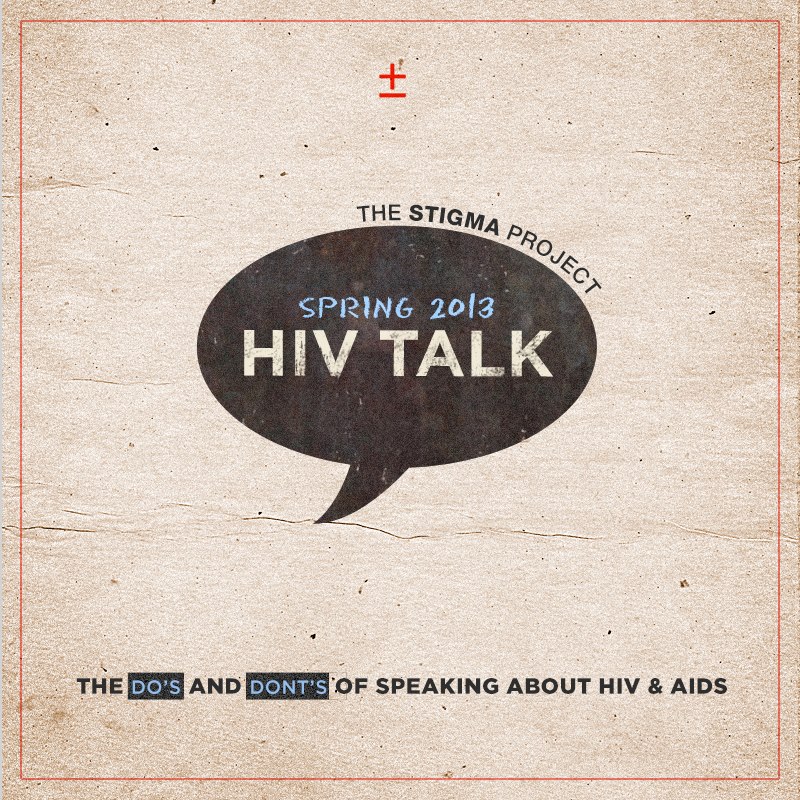

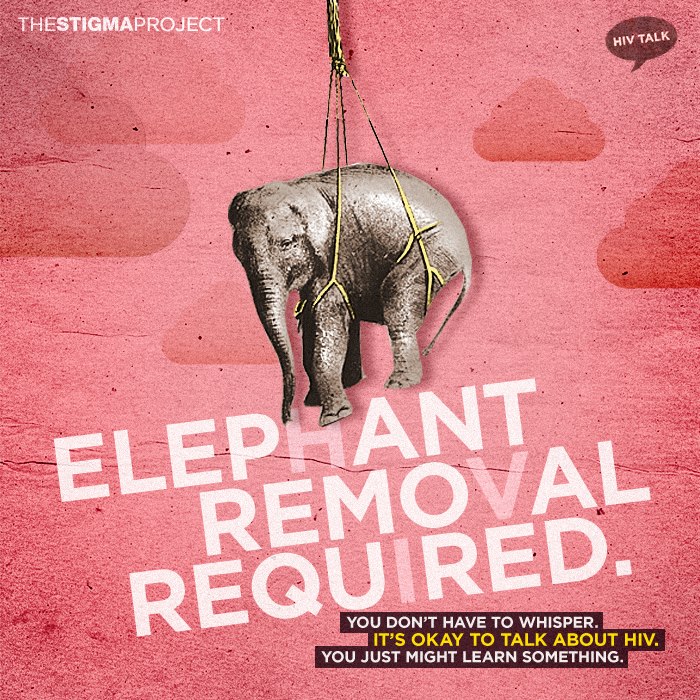
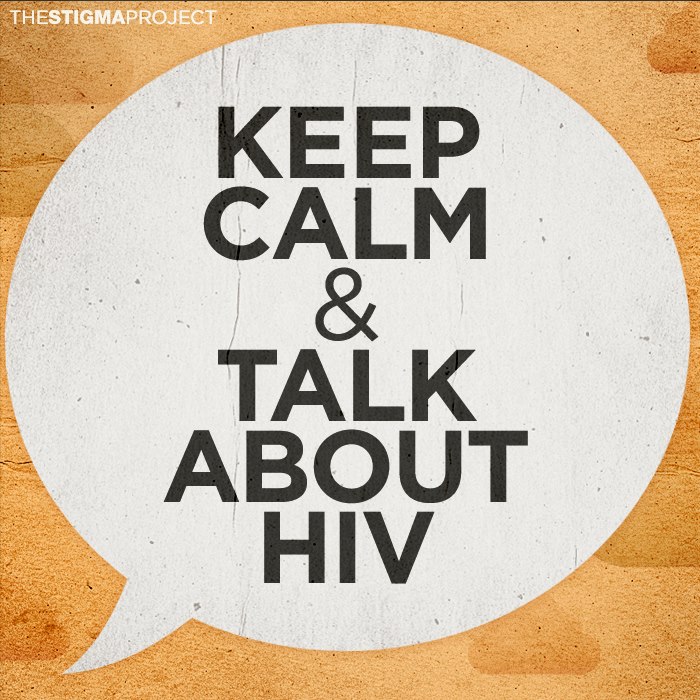
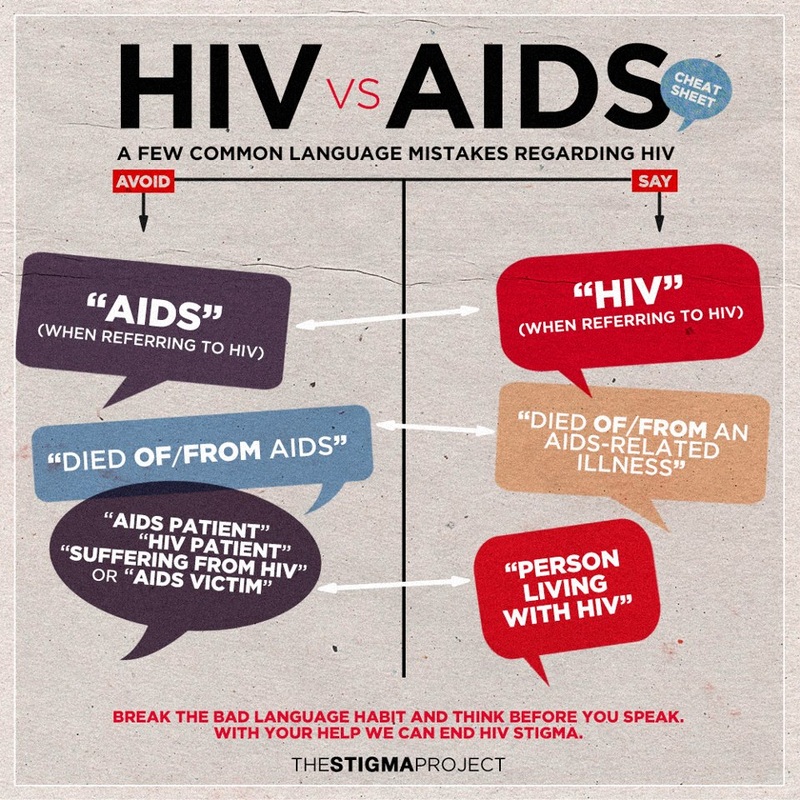
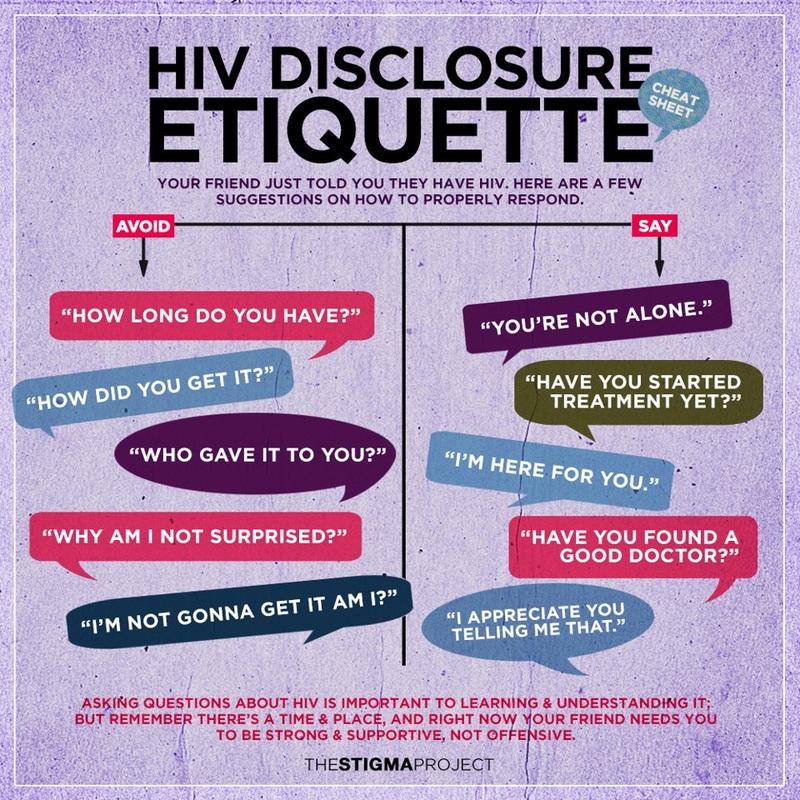
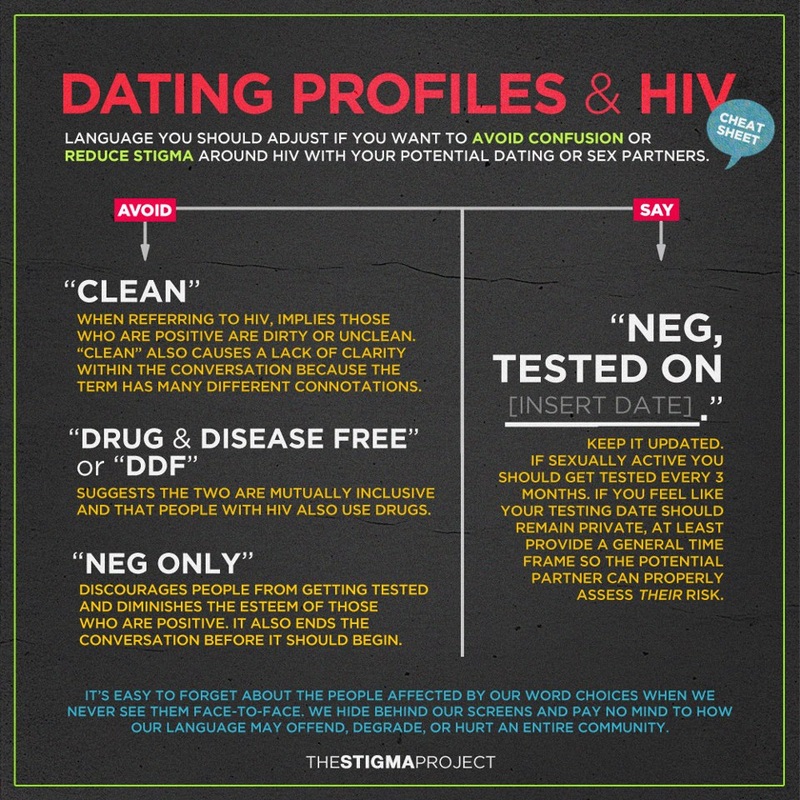



 RSS Feed
RSS Feed